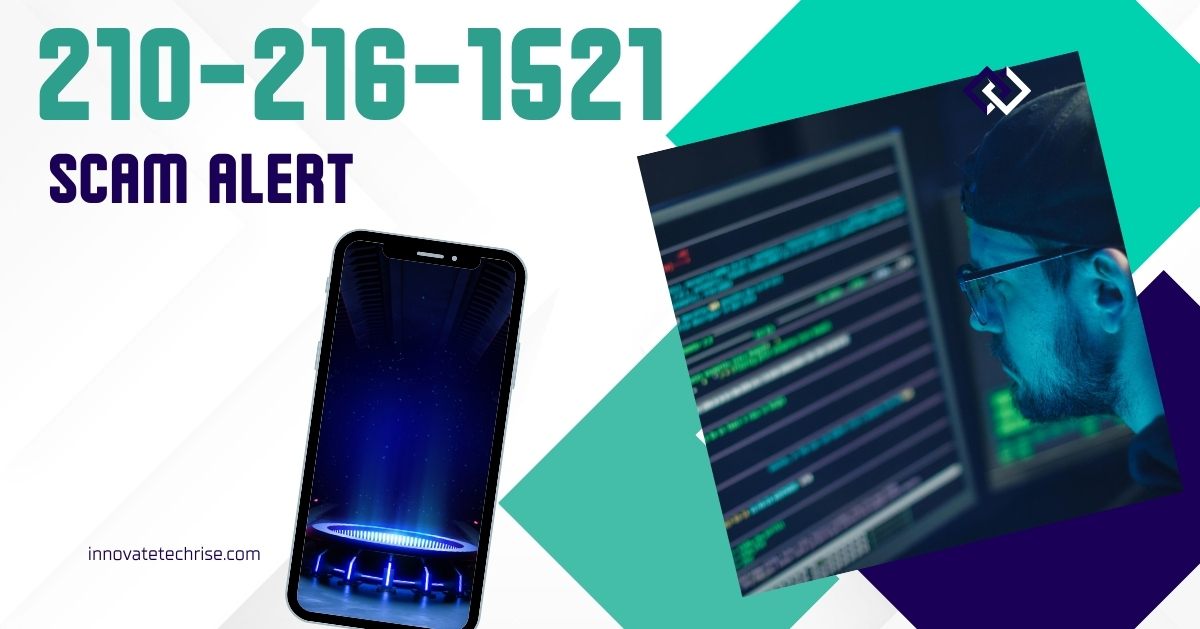In today’s digital age, scams are becoming increasingly sophisticated, and it’s crucial to stay vigilant. One such number that has recently come under scrutiny is 210-216-1521. If you’ve encountered this number and are unsure whether it’s legitimate or part of a scam, this article will provide you with essential information to help you navigate potential fraud and protect yourself from falling victim.
What is 210-216-1521?
The number 210-216-1521 has been flagged by several individuals and organizations as potentially involved in fraudulent activities. It’s crucial to exercise caution if you receive a call or message from this number. While it’s not possible to definitively label a number as a scam without investigating individual cases, there are red flags to watch out for.
Common Scam Tactics to Be Aware Of
1. Unsolicited Calls Asking for Personal Information
Scammers often use unsolicited calls to request sensitive information such as Social Security numbers, bank account details, or credit card information. If you receive a call from 210-216-1521 asking for such information, it’s a significant red flag. Legitimate organizations rarely ask for sensitive details over the phone without prior communication.
2. Threats of Legal Action or Immediate Consequences
Many scams involve threats or pressure tactics to create a sense of urgency. You might receive a call claiming you owe money or that legal action will be taken against you if you don’t pay immediately. This is a common tactic used to scare individuals into making hasty decisions. Always verify such claims through official channels before taking any action.
3. Requests for Payments via Unconventional Methods
Scammers often ask for payments through unconventional methods such as gift cards, wire transfers, or cryptocurrency. If you’re asked to make a payment using these methods, it’s likely a scam. Legitimate organizations will provide standard payment options and won’t pressure you to use unusual methods.
4. Too Good to Be True Offers
If you receive a call from 210-216-1521 offering deals or prizes that seem too good to be true, proceed with caution. Scammers often use enticing offers to lure individuals into their traps. Always verify the legitimacy of such offers with the organization claiming to make them.
[ Also Read: The Dewulf Enduro Harvester Model D-7146: Potato Harvesting]
How to Protect Yourself
1. Verify the Caller’s Identity
If you receive a call from 210-216-1521 or any number you don’t recognize, don’t hesitate to hang up and call back using a verified number from the organization’s official website or contact information. This ensures you’re communicating with a legitimate representative.
2. Do Not Share Personal Information
Never share personal or financial information over the phone unless you are certain of the caller’s identity and legitimacy. Scammers often use tactics to make you feel comfortable, but it’s essential to protect your information.
3. Report Suspicious Activity
If you believe you’ve encountered a scam or have been contacted by 210-216-1521 with suspicious intentions, report it to the appropriate authorities. In the United States, you can report phone scams to the Federal Trade Commission (FTC) or the Federal Communications Commission (FCC). Additionally, consider reporting the number to your phone carrier, which might block the number or provide additional resources.
4. Use Call Blocking Features
Many phone services offer call-blocking features or apps that can help screen and block potential scam calls. Utilize these tools to reduce the number of unwanted and potentially fraudulent calls you receive.
5. Educate Yourself and Others
Awareness is a powerful tool in combating scams. Educate yourself and those around you about common scam tactics and warning signs. The more informed you are, the better equipped you’ll be to recognize and avoid potential scams.
Steps to Take if You’ve Fallen Victim
If you’ve already provided personal information or made payments based on a scam call, it’s important to take immediate action to mitigate potential damage:
1. Contact Your Bank or Credit Card Company
Inform your bank or credit card company of the situation as soon as possible. They can help you monitor your accounts for suspicious activity and take steps to protect your finances.
2. Place a Fraud Alert
Consider placing a fraud alert on your credit report by contacting one of the major credit bureaus (Equifax, Experian, or TransUnion). This will alert creditors to take extra steps to verify your identity before opening new accounts in your name.
3. Monitor Your Credit Reports
Regularly check your credit reports for any unauthorized activity or changes. You can request free credit reports annually from each of the three major credit bureaus.
4. File a Report with the Authorities
File a report with the Federal Trade Commission (FTC) or your local law enforcement agency. This helps build a record of the scam and can assist in potential investigations.
Conclusion
Being vigilant and informed is your best defense against scams. If you receive a call or message from 210-216-1521 or any number that raises suspicion, take the necessary precautions to verify the legitimacy of the contact. By staying aware of common scam tactics and following best practices for protecting your personal information, you can help safeguard yourself from falling victim to fraud.
Remember, legitimate organizations will never pressure you for sensitive information or payments through unconventional methods. Always take a moment to verify and protect your details. If you believe you’ve encountered a scam, don’t hesitate to report it and seek assistance to prevent further damage.
